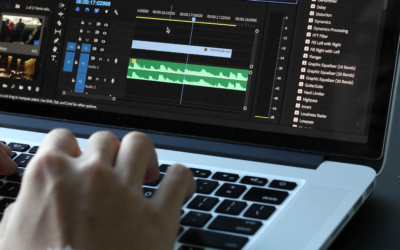There is a moment between our lead, a celebrated young author, and another up-and-comer where the latter suggests Philip read an article about him sometime. “People say I’m ‘self-deprecating’”, he says with air quotes, a simultaneous acceptance of and jab at the highbrow literary world they both inhabit. Moments like this establish Listen Up, Philip as a partially self-referential diagnosis of artistic success and ego from director Alex Ross Perry. Aside from apparently striking similar physical mannerisms to the director, Philip’s constant defensive and narcissist approach to life can only be actualized by people familiar with the world.
This is not to accuse either Perry or lead actor Jason Schwartzman of being narcissists, but rather two people who have carefully navigated the murky waters of current independent cinema over the last 15 years, from the aftermath of Wes Anderson’s emergence on the scene to the now well-established “mumblecore” genre. Listen Up, Philip could be classified as a nice middle ground between the two worlds, if one were to simplify.
The film follows Philip, a New York writer, as he approaches the publication of his sophomore novel, and deals with the skewed world that has been left in the wake of his first success. Of course, this skewed world is one that exists wholly in his mind, as he pushes his girlfriend, played wonderfully by Elizabeth Moss, to the empty spaces of his periphery and heads to the country to stay with his literary hero, played also wonderfully by Jonathan Pryce.
The separate comparisons to Anderson and the “mumblecore” movement may be surface level, as the film itself feels more akin to the early Cassavettes works, due in part to the warm 16mm film aesthetic and documentary-style editing. Another fitting perspective is a speed addled career-high Woody Allen, taking that adoration for New York City and transporting the inner frantic to the whole environment. Rather than romantic Gershwin, we have Keegan DeWitt’s restless, improvised jazz score.
Those concerned with sitting through another 90 minutes of a self-deprecating, white Manhattan male voice should be comforted by the beautiful performance put in by Elizabeth Moss, whose Ashley takes on her own segment of the film. Much like her performances on Mad Men and this year’s The One I Love, Moss carries so much emotional information in her expression, which feels even more raw and real here. Also supporting is Krysten Ritter, whose dynamic with Jonathan Price as her father is uncomfortably authentic. Pryce has a huge knack for portraying the fine line between wise-worded mentor and exhaustive selfish father.
Being a participant in the world of film and literature will be a plus for anyone seeing this film, but the most vital and rich connection will be with anyone who knows someone like Philip, which is really all of us. Listen Up, Philip, in all its dark humor, is a great examination of the creative mind and the lens with which many artists see the world when their craft is met with success. The performances and the aesthetics are so pleasing, you won’t even notice that you are, at times, laughing at utter misery. And don’t we all need that?



